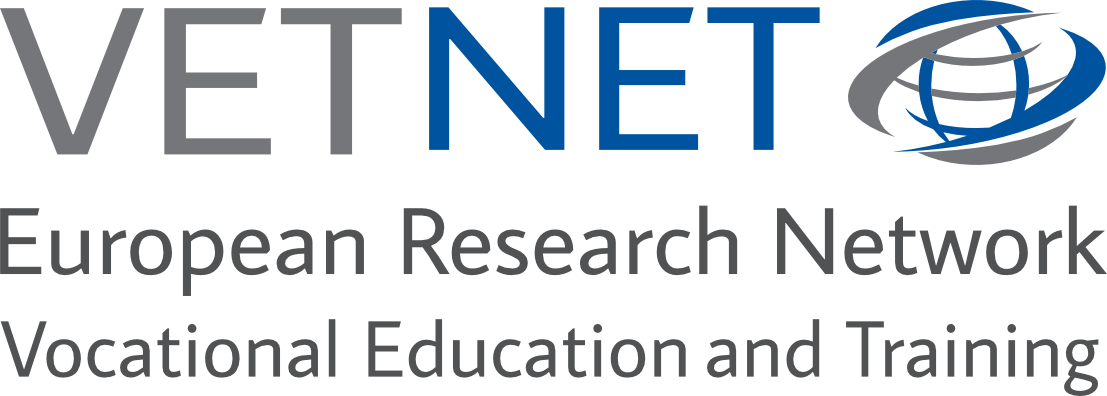Exploring the Didactic Principles of Vocational Teachers in Financial Education: An Interview Study
DOI:
https://doi.org/10.13152/IJRVET.12.3.3Keywords:
Financial Literacy, Vocational Teachers, Vocational School, Interview, VET, Vocational Education and TrainingAbstract
Context: Financial literacy is an issue becoming increasingly important internationally. Many countries have already implemented a national strategy to improve the financial literacy of the people. In Austria, a national strategy for financial literacy and financial education was developed in 2021. One target group of this strategy are students of part-time vocational schools. These students work in a company and already earn their own money. They have to attend part-time vocational school alongside their work. The curriculum of these schools includes financial topics. Studies on teachers' views of financial literacy show that they mostly reduce it to personal money management. However, little is known about their underlying principles for teaching topics in the field of financial literacy. Therefore, this paper answers the following research questions: Which didactic principles are relevant for teachers of part-time vocational schools in Austria in financial education? Why are some didactic principles perceived as more relevant and why are others perceived as less relevant by the teachers?
Approach: To address this research gap, an interview study was conducted with teachers from part-time vocational schools. Twelve teachers took part in the study. The problem-centred interviews were transcribed and analysed by using qualitative content analysis.
Findings: Problem orientation and life-world orientation are seen as relevant didactic principles for teaching financial topics. The teachers interviewed argue that teaching students how to deal with current problems in their lives engages their interest and motivates them. Multiperspectivity is viewed as less important. Students should first learn to act competently as a private individual before they are confronted with the company perspective or the systemic perspective is one reason given. Science orientation is also interpreted by the teachers as less relevant. According to some respondents of the study, students in part-time vocational schools are not significantly affected by the science orientation.
Conclusions: The understanding of science orientation should be reflected among teachers. Multiperspectivity is a relevant aspect in financial education even though it is seen as less relevant by the teachers. Offering lesson plans on how these principles are integrated in financial topics could be helpful for teachers. Furthermore, financial didactics should be integrated into teacher education curricula. This study is focused on a small number of interviews among Austrian teachers from part-time vocational schools only. Therefore, it would be interesting to conduct larger quantitative studies among teachers from different types of schools and with different educational and practical backgrounds.
Downloads
Online First / Final Publication Date
How to Cite
Issue
Section
URN
License
Copyright (c) 2025 Nora Cechovsky

This work is licensed under a Creative Commons Attribution-ShareAlike 4.0 International License.





